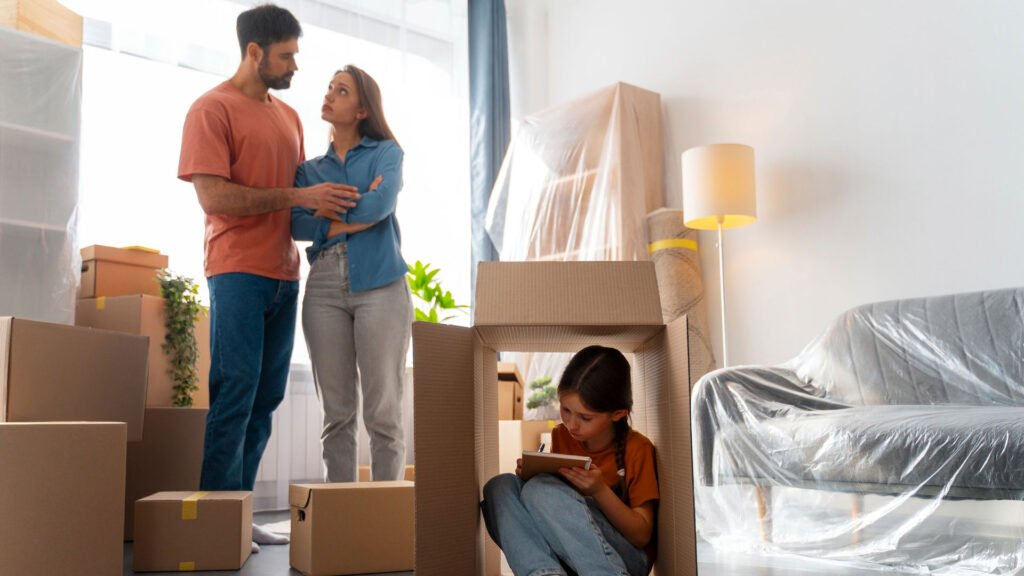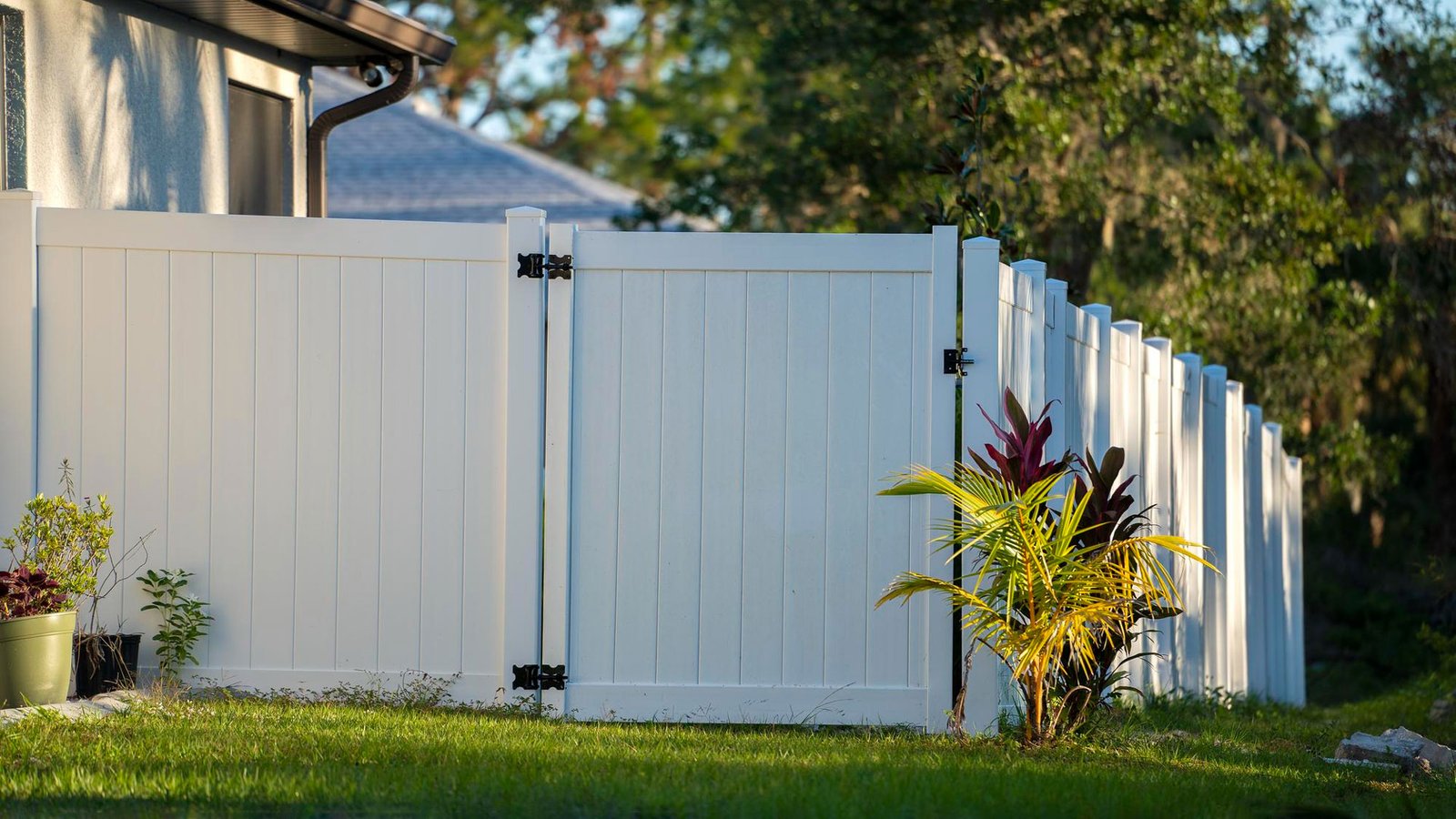The original peer-to-peer home-rental concept is witnessing a return now that Airbnb is no longer the
bargain play it was ten years ago. We are lovelorn in preparation for the holidays and in need of a fast
change of scenery in the 2006 romantic comedy The Holiday. Iris ends up in Los Angeles through the
English countryside, and Amanda in Surrey via Southern California, thanks to an internet home-swapping
business. The film has gained a footing in the pantheon of feel-good holiday must-sees over the previous
15 years, but it’s also become a bit of a relic. That’s because it’s the only recent film to focus on the
concept of home swapping, a then-new way of traveling that required vacationing at your house-home
sitter’s while they did the same. The simple fact that I was just 15 years old and living with my parents at
the time, it was the first time I’d seen anything like it, and the notion of switching houses with an
anonymous internet surfer from another country captivated me. Two years later, in 2008, Airbnb was
founded, and my adolescent fantasy came true: I would no longer need my parents’ permission to
prostitute out their property in return for a cross-country excursion to some exotic stranger’s home since I
could now pay for it. It swiftly became the favored technique of home-sharing, permanently changing the
landscape. After then, it was all history.
But, as they say, history repeats itself, and a spokeswoman for Love Home Swap, award-winning home-swapping service with thousands of properties in over 110 countries worldwide, says the platform has experienced a roughly 300 percent spike in bookings since the epidemic began. Similarly, since 2017,
HomeExchange, one of the earliest structured online house-swap services, has experienced a rise in
exchanges by American users, adding credence to the argument that home swapping is making a return.
It’s even had a moment on TikTok, where one user humorously uploaded a video of her apartment set to
the theme song from The Holiday and received genuine inquiries about the possibilities of exchange.
The advantages of house swapping
The most apparent reason for this revival is that home-swapping is a cost-effective strategy to counter the ever-increasing expenses of travel in a post-pandemic environment. “The revival is largely due to the fact that house swapping is more cost-efficient than standard lodgings,” the official adds, noting that a year of Love Home Swap membership costs less than a night in a hotel. Members of Love House Swap who travel more than four times a year are said to save an average of $3,500 on lodging via home exchanging. Is it anything you should think about? Yes, without a doubt, according to those who have done it. Jerri Hatch, a 67-year-old San Diego resident, joined up for HomeExchange six years ago on the day she retired from her career in medical sales. She estimates that she has taken part in between 30 and 40 house exchanges since then. She claims there are two advantages. “First and foremost, if I had to pay for these residences or a hotel, I would be limited to just two travels every year.” “However, with HomeExchange, I can go on as many trips as I can afford in terms of flight or petrol for my vehicle,” Hatch explains. “The second issue for me is that I used to travel a lot and stay in a lot of hotels while I was working.” She continues, “I was a Gold Flyer, a Gold Marriott member… yet I despise hotels.” “When I go on vacation, I want to have an entire home to myself, complete with a yard, a pool, and a kitchen.” I, too, often travel with my dogs. So those are the two primary benefits of HomeExchange: I get to stay in much nicer places, and it’s free.”
While she recognizes that having what is practically a stranger stay in your house may create some
anxiety, Hatch feels that the very nature of home swapping fosters a sense of trust and mutual respect.
“I’ve always believed they’re in my house… but I’m in their house, too,” she explains. But it’s also true
that, in most situations, there’s a lot of back-and-forth between both sides leading up to the actual
exchange — emails, phone conversations, and sometimes Facetimes — so when the time comes, they’ll
feel less like strangers and more like friends. “Prior to joining COVID, I went to Antarctica on an
expedition ship. I’m not a big fan of cruises. “I knew that, but I went anyway because I knew I’d meet
like-minded individuals on the trip — people who cared about the environment, people who wanted to see this resource that was on the verge of extinction,” Hatch says. “With home exchange, it’s the same.” It’s also a blessing when it comes to mass tourism. While some exchangers have numerous houses, the
majority are just selling their main property, which means you’re more likely to discover a stay in a less-traveled, maybe tourist-free location. Hatch found herself in this situation when she got a request from Uxmal, Mexico, in the Yucatán Peninsula. While Chichén Itzá receives around two million tourists each
year, adjacent Uxmal has its own collection of lesser-known ruins, to which Hatch had gotten front-row
tickets by chance. Traveling to places Hatch would never have considered otherwise has become a regular
side effect of house exchange and one of her favorite aspects of the overall arrangement.
You have alternatives

Christine Taylor lives in Arvada, Colorado, with her retired husband, Jerry. They started home
exchanging in 2012. (their first exchange was to Yamba, Australia). Their requirements changed two
years later when they rescued their golden retriever, and they switched from HomeExchange to Trusted
Housesitters. Trusted Housesitters is a little different in that it links pet owners with pet sitters all around
the globe. The sitter receives a free room in return for pet care. All of this is to say that Christine is used
to having visitors in her house while she is gone, and she advises first-time exchangers is straightforward.
“Keep in mind that each person is transferring property, which develops respect in and of itself – no one
can ‘buy’ time to utilize your stuff,” Christine explains. “We propose that you have a video conference
with each possible visitor to get to know them and assess whether they are a suitable match for your
property and if the property you are contemplating will satisfy your expectations.” “You always have the
last say,” says the narrator. You are not obligated to submit the exchange request if you do not like to. Just be sure to establish realistic expectations to avoid any misunderstandings,” she says.
Christine and her husband rejoined HomeExchange in 2020, albeit it took them a long to schedule a
vacation owing to the epidemic. They’ll finally be able to reap the benefits of their new membership in
January, this time on Roatan, Honduras. She claims that the choice to swap was one of the finest they’ve
ever made and that they have no intentions to stop anytime soon.





